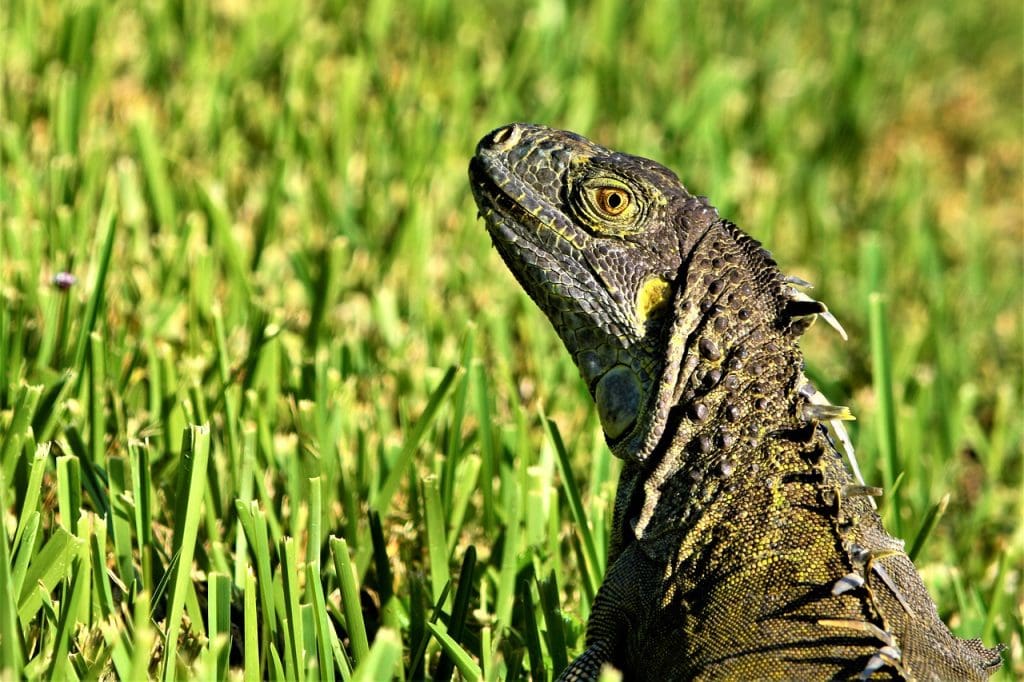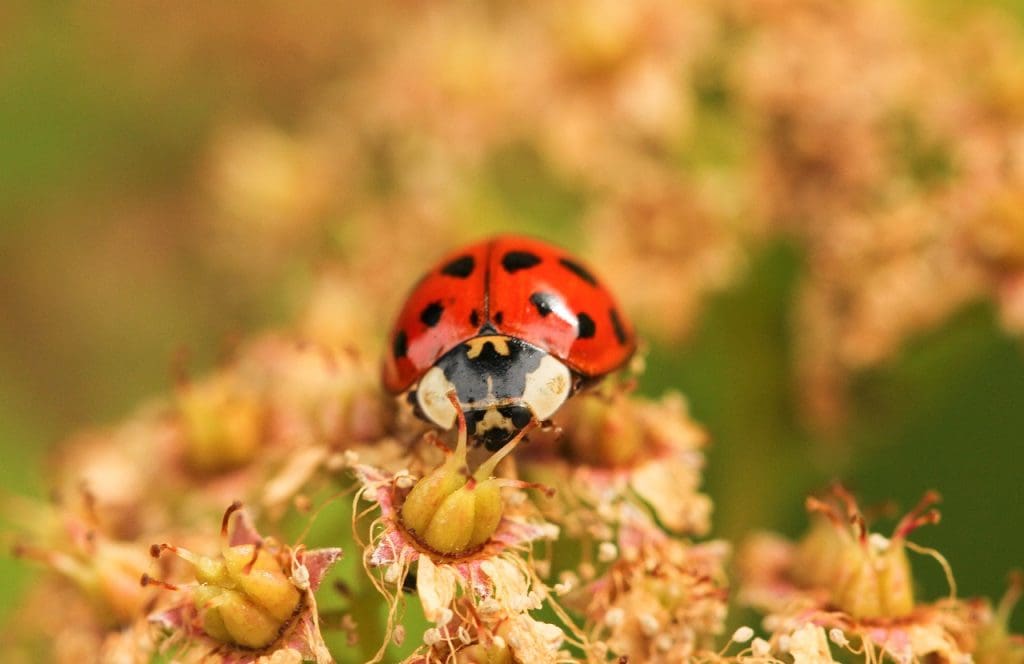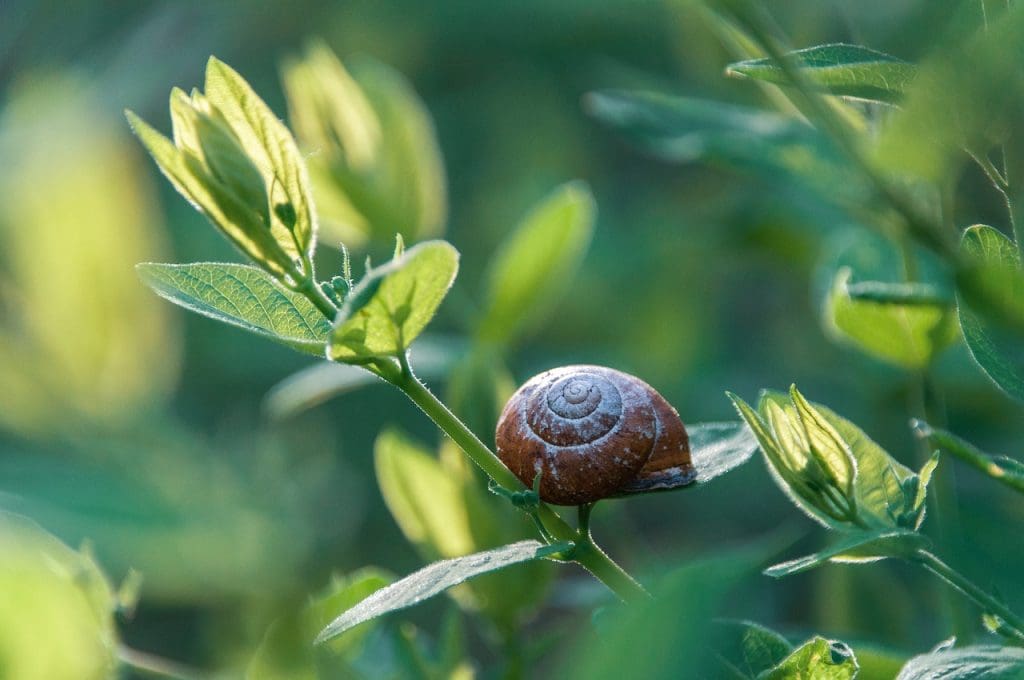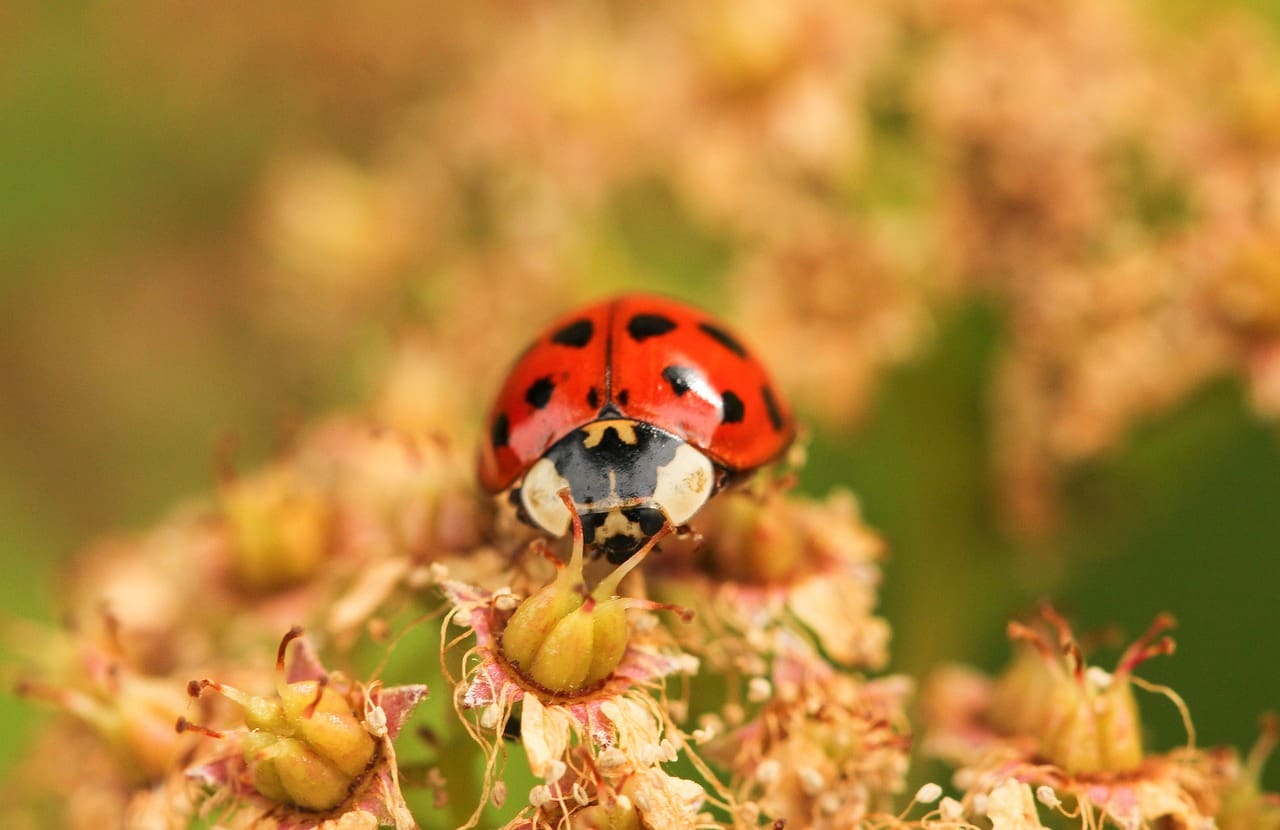When dealing with the invasive menace of alligator weed, it’s crucial to enlist the help of a qualified professional to ensure effective and sustainable control. Many important factors come into play when deciding who to hire, including their experience, knowledge of local ecosystems, and the methods they use for eradication. Additionally, considering their licensing, insurance, and past client feedback can help you make an informed decision. By focusing on these key considerations, you’ll be better prepared to choose a specialist who can handle alligator weed efficiently, ensuring the health and balance of your landscape. Have you ever encountered the frustrating battle against alligator weed in your yard or agricultural land? Alligator weed (Alternanthera philoxeroides) is a persistent and invasive plant that can quickly overrun gardens, farmlands, and waterways if left unmanaged. While it might be tempting to tackle this problem on your own, hiring a professional for alligator weed control can save you time, effort, and potentially yield better results. But what should you consider when selecting a professional for this challenging task?
Understanding Alligator Weed
Before diving into how to hire a professional, it’s essential to understand what alligator weed is and why it poses such a significant problem. Native to South America, alligator weed can grow in both aquatic and terrestrial environments, making it incredibly versatile and difficult to control. This plant can disrupt ecosystems, reduce agricultural productivity, and even impede waterway navigation.
Why is Alligator Weed Problematic?
Alligator weed forms dense mats that can smother native plants, clog water systems, and hinder recreational activities. Additionally, it can harbore pests and diseases, making it a vector for larger ecological problems.
Key Issues Caused by Alligator Weed:
| Problem | Impact |
|---|---|
| Ecosystem Disruption | Outcompetes native species, affecting biodiversity. |
| Waterway Blockage | Impedes water flow, affecting navigation and water quality. |
| Agricultural Losses | Reduces crop yields and increases management costs. |
| Pest and Disease Harborage | Acts as a host for pests and pathogens. |
Importance of Professional Control
Given the aggressive nature of alligator weed, attempting to control it without professional help can often lead to suboptimal results. Professionals are equipped with specialized knowledge, tools, and techniques to manage this invasive species effectively.
Benefits of Hiring a Professional
Hiring a professional service ensures that you gain access to expertise, advanced methodologies, and compliance with local regulations. Here are some key benefits:
- Expertise and Experience: Professionals have the knowledge to identify alligator weed correctly and implement the most effective control measures.
- Solution Customization: They can tailor strategies specific to your land’s conditions and challenges, providing you with the best possible outcomes.
- Safety and Compliance: Professional services are well-versed in safe handling and application, ensuring regulatory compliance and reducing the risk of environmental contamination.

Key Considerations When Hiring a Professional
Credentials and Qualifications
One of the first things you should verify when considering a professional for alligator weed control is their credentials. This includes any certifications in pest and weed management, as well as licenses required by your local authorities.
Questions to Ask:
- Do you have a license for herbicide application?
- Can you provide proof of certification in invasive species management?
Experience and Expertise
Experience matters significantly when dealing with alligator weed. An experienced professional is more likely to have faced similar challenges and know effective mitigation strategies.
Questions to Ask:
- How many years have you been controlling alligator weed?
- Can you provide references from previous clients?
Methods and Chemicals Used
Different professionals may use various methods and chemicals to control alligator weed. Understanding these methods can help you gauge their effectiveness and safety.
Key Considerations:
- Are the methods eco-friendly?
- What kind of herbicides will be used, and are they safe for the surrounding flora and fauna?
Cost and Service Packages
The cost of services can vary widely depending on the extent of the infestation and the methods employed. It’s crucial to obtain a clear, upfront estimate and understand what services are included.
Questions to Ask:
- What is included in your service package?
- Do you offer a warranty or guarantee for your services?
Follow-up and Maintenance
Effective alligator weed control often requires follow-up treatments and continuous monitoring. Ensure that the professional you hire offers comprehensive follow-up services.
Questions to Ask:
- Do you offer follow-up treatments?
- How often will my property be inspected after the initial treatment?
Customer Reviews and Testimonials
Customer reviews can provide valuable insights into the reliability and effectiveness of a professional’s services. Look for testimonials and reviews online or ask for references.
Questions to Ask:
- Can I read testimonials or speak with former clients?
- How do you handle customer complaints or issues?
Evaluating Different Control Methods
Mechanical Control
Mechanical control involves physically removing alligator weed from the soil or water, either manually or using machinery. This method can be effective for small infestations but is labor-intensive.
Pros
- Immediate results
- No chemical use
Cons
- Labor-intensive
- May not be feasible for large infestations
Chemical Control
Chemical control involves the use of herbicides to manage alligator weed. This method is often more efficient than mechanical control, especially for large infestations.
Pros
- Effective for large areas
- Long-lasting results
Cons
- Potential environmental impact
- Requires proper handling
Biological Control
Biological control uses natural predators or pathogens to manage alligator weed populations. While this method can take longer to see results, it’s sustainable in the long term.
Pros
- Environmentally friendly
- Sustainable
Cons
- Slow to show results
- Requires careful management

Making Your Decision
Compare Quotes
Once you’ve gathered information from several professionals, make a detailed comparison. Don’t just look at the cost—consider the methods, follow-up services, and customer reviews.
Comparison Table Example:
| Professional | Cost | Methods Used | Follow-up Services | Customer Rating |
|---|---|---|---|---|
| Company A | $500 | Chemical | Quarterly visits | 4.5/5 |
| Company B | $450 | Mechanical | Bi-annual visits | 4/5 |
| Company C | $600 | Biological | Annual monitoring | 4.8/5 |
Review Contracts Carefully
Carefully read through any contracts or agreements before committing. Ensure that all services, costs, and follow-up treatments are clearly outlined.
Key Points to Review:
- Service inclusions and exclusions
- Payment terms
- Warranties or guarantees
Final Check
Before making your final decision, do one last check on the credentials, experience, customer reviews, and the fine print of the contract. Taking these steps ensures you make an informed and confident choice.
Preparing for the Service
Initial Assessment
Professionals typically start with an initial assessment to gauge the extent of the infestation and devise a strategy. Prepare by clearing access to the affected areas and providing any relevant information about your property.
Safety Measures
Ensure that both you and the professional service team adhere to all recommended safety measures during the treatment process. This includes wearing protective gear if necessary and keeping pets and children away from the treated areas.
Communication Plan
Establish a clear line of communication with the professional you hire. Know how and when they will report back to you about progress or any issues that arise during the treatment process.

Conclusion
Controlling alligator weed is a challenging task that requires specialized knowledge and techniques. By considering the points outlined in this guide—credentials, experience, methods, costs, and follow-up—you can make a well-informed decision when hiring a professional for alligator weed control. Doing so ensures effective management of this invasive species, safeguarding your property and contributing to the health of the surrounding ecosystem.
Taking these steps now will save you time, effort, and potentially a lot of headaches down the line. You deserve a yard or agricultural land free from the hassles of alligator weed, and hiring the right professional is your best ally in achieving that goal. Happy weed-free living!
